Can Cats Drink Wine? Is This Drink Actually Safe for Them?
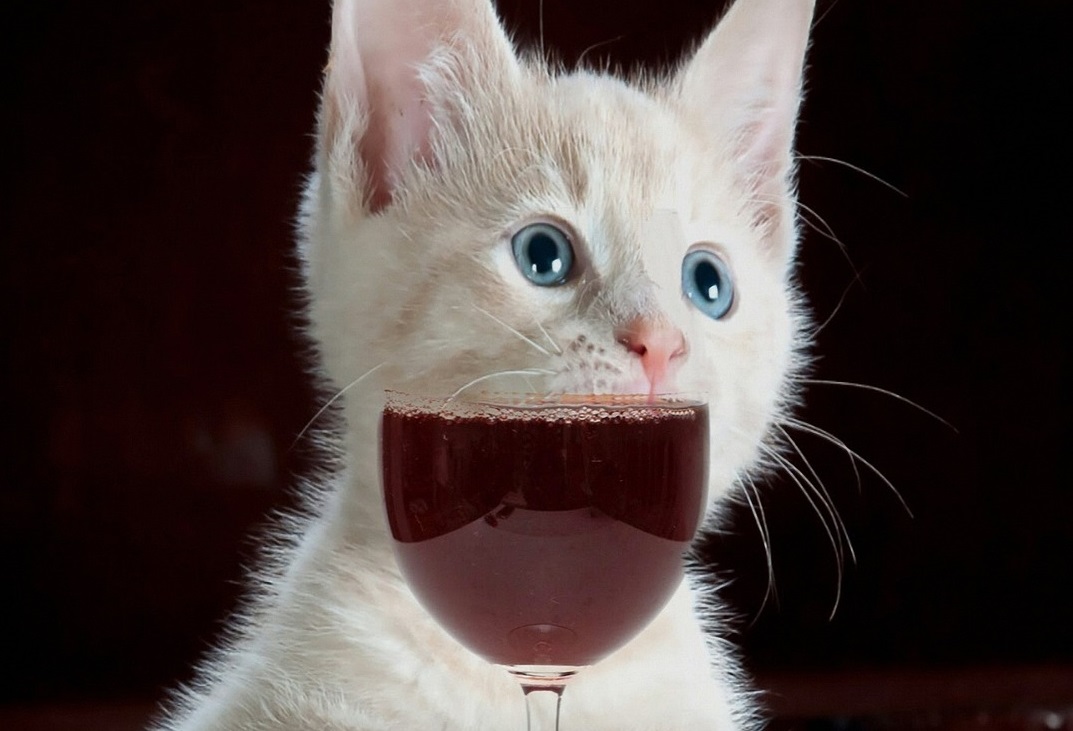
You'll agree with me when I say:
Cats and wine can be a risky mix. 😸
It's like inviting a drama-loving diva to a peaceful gathering, hoping nothing goes wrong.
One sip might intoxicate both you and your feline friend.
But let's not jump to conclusions just yet.
Shall we explore this topic together?
Is It Okay for a Cat to Drink Wine?
Cats should never be allowed to drink wine or any other form of alcohol. Cats lack the necessary enzymes to metabolize alcohol, making it toxic to them. You have to keep all alcoholic beverages out of their reach to ensure their safety.
Cats and wine don’t mix, my friend.
Let's be clear...
You can't let cats drink wine.
Why, you ask?
Well, cats lack the necessary enzymes to metabolize alcohol.
That means any form of alcohol, including wine, is a no-go for them.
Keep it under lock and key!
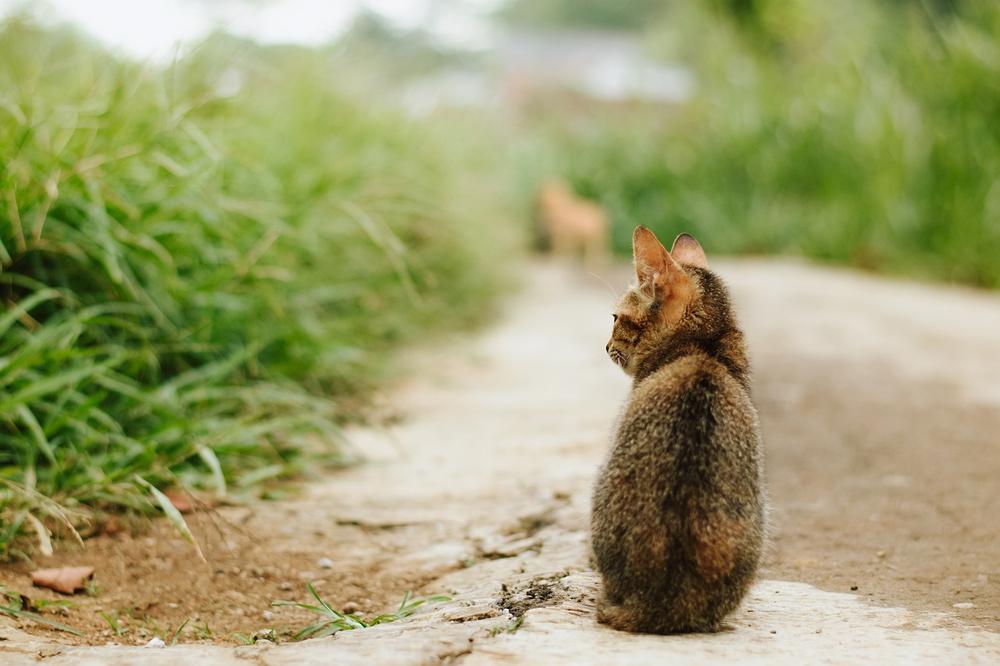
And it's not just about keeping wine bottles out of their paws either.
Make sure there’s no access to spilled wine, beer, or liquor. Now, cats are unlikely to actually drink these adult beverages, but they might be attracted to recipes or mixed drinks that contain alcohol.
We all know cats can get curious, right?
Here's something else for ya:
Most cats won't even enjoy the smell or taste of wine, to be honest.
So, I wouldn't tempt them with a sip.
No wine for cats, alright?
Main points I'll expand upon further down this article:
- Cats are highly susceptible to the toxicity of alcohol.
- Even small amounts of alcohol can be harmful to cats.
- Wine consumption can lead to poisoning, organ damage, and even death.
- Cats' kidneys and liver work hard to eliminate the poison from alcohol.
- Ethanol poisoning can result from ingesting alcohol-containing substances.
- Keep all alcoholic beverages, including wine, out of reach of cats.
- Monitor for signs of alcohol poisoning and seek immediate veterinary care.
- Symptoms of alcohol poisoning include behavioral changes, drowsiness, and seizures.
- Call a veterinarian and Pet Poison Helpline® if you suspect your cat drank alcohol.
- Non-alcoholic alternatives like catnip tea or cat-friendly products are safer options.
And here's the deal...
You may be wondering, what other common household items can pose a risk to our feline friends?
Well, let me fill you in on some surprising hazards that you may not have considered...
The Dangers of Alcohol for Cats
Watch out for alcohol around cats.
Even a tiny bit can harm them.
- Wine is especially dangerous because it has harmful grape and ethanol stuff. This can mess with their behavior, wreck their kidneys, damage their liver, stop their heart, knock them out, or even kill them.
- Cats' organs, like their kidneys and liver, try hard to get rid of the bad effects of alcohol. But if they have too much, it overwhelms them and messes up their insides.
- It's not just drinks with booze that are risky for cats. Stuff like cleaning products, mouthwash, and hand sanitizers with ethanol should also be kept away. They can poison cats.
- Good owners make sure to keep all alcoholic drinks, including wine, locked up so their curious kitties don't get into them.
Cats are extra sensitive to alcohol and can't handle it well because they're small.
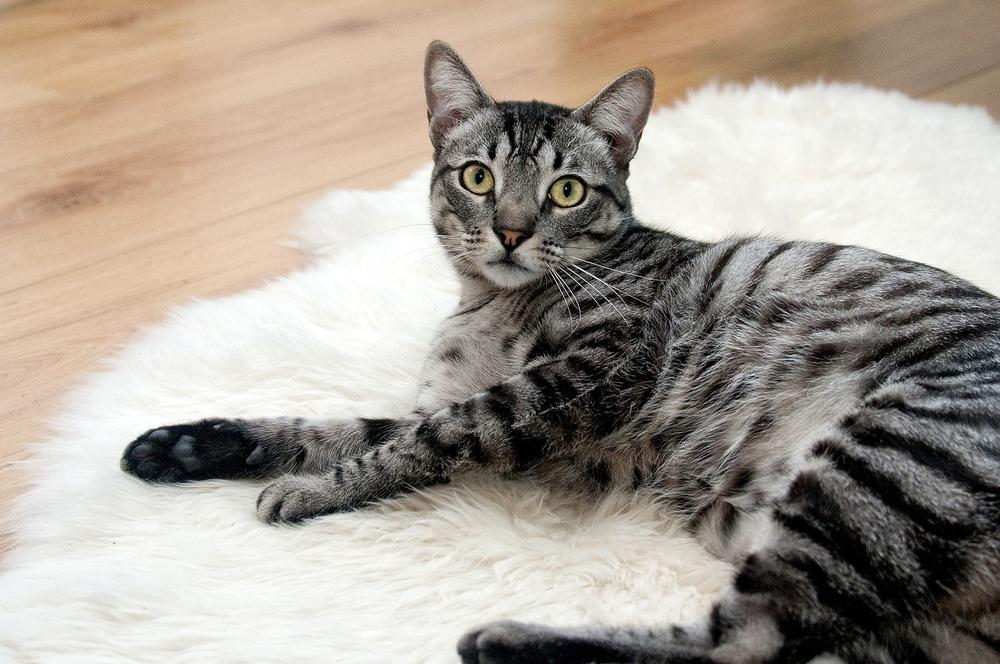
Keep your cats safe by picking safer options and making sure they never touch any kind of alcohol.
And it gets worse:
The symptoms of alcohol poisoning in cats can appear within just 15 minutes after ingestion.
Read on to discover the signs that indicate your cat may have consumed alcohol and what you should do if this unfortunate event occurs:
Symptoms of Cat Alcohol Poisoning
Keep an eye out for these symptoms
When it comes to cats and alcohol, you definitely want to keep a close eye on your furry friend.
Even a small amount of alcohol can lead to some serious problems.
One of the telltale signs of alcohol poisoning in cats is behavioral changes. If your cat suddenly becomes more aggressive or agitated, it could be a sign that something's not right.
Another symptom to watch out for is drowsiness. If your cat seems unusually tired or slow, it might be because they've had a little too much wine.
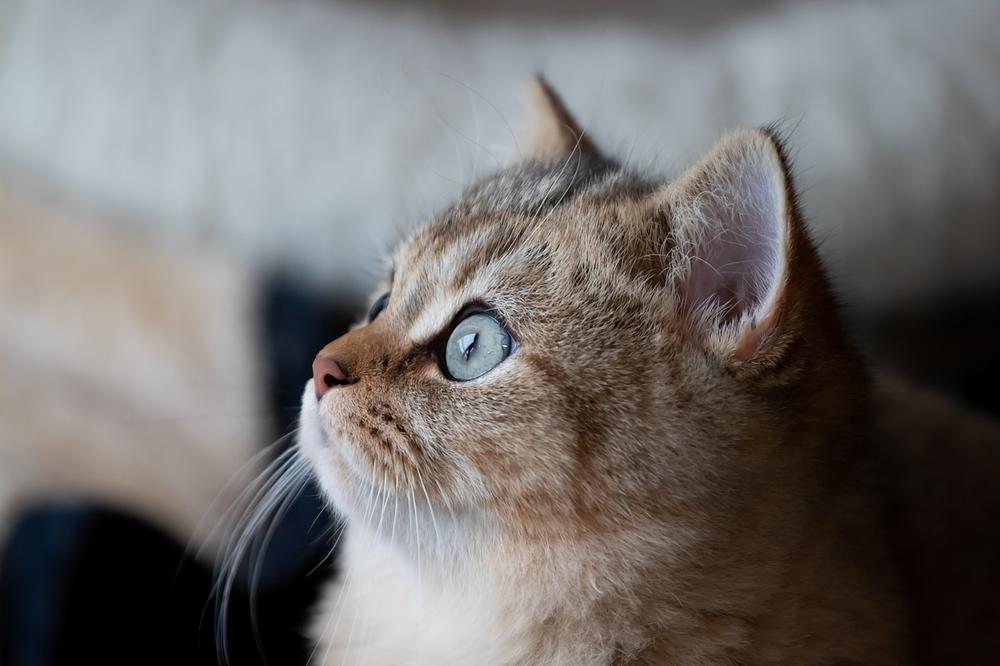
In addition, you might notice that your cat becomes disoriented or has trouble keeping balance. This can be a sign of alcohol poisoning, so keep an eye out for any stumbling or clumsiness.
The seriousness of the symptoms
The severity of these symptoms will depend on how much wine your cat has consumed and whether they've eaten recently.
Signs of alcohol poisoning can range from mild to severe, so you have to pay attention to your cat's behavior.
Other signs of alcohol poisoning in cats include vomiting, muscle tremors, and shallow breathing. In more severe cases, cats may experience seizures or even become completely unresponsive.
It's worth noting that just one teaspoon of alcohol can lead to poisoning in cats. That's why you have to seek veterinary care if you suspect your cat has ingested any amount of alcohol.
Always be cautious
While alcohol poisoning in cats is rare, accidents can still happen. As a responsible pet owner, you need to remain vigilant and keep potentially harmful substances, including alcohol, out of reach.
Your cat's health and well-being should always be a top priority.
And if you notice any of these symptoms in your cat, it is crucial that you seek immediate veterinary care to ensure their safety and well-being:
Treatment and Management of Your Cat Ingesting Alcohol
If you think your cat drank alcohol or seems drunk, you need to act fast.
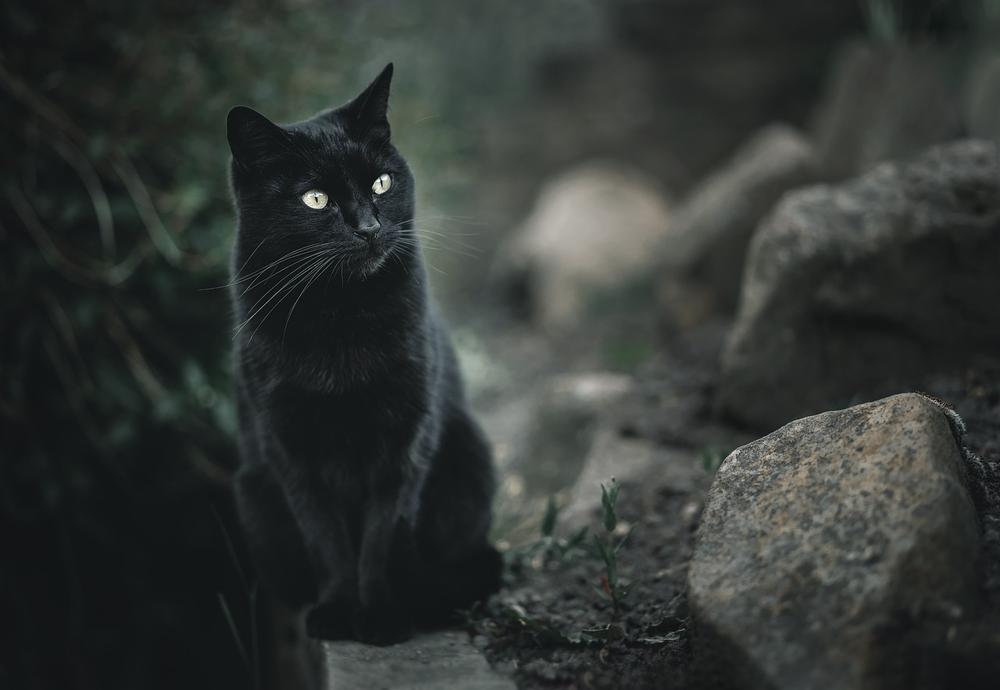
Here's what you should do:
- Get in touch with a veterinarian right away. They know what to do and can guide you on next steps.
- Watch for signs of intoxication or poisoning in your cat like stumbling, throwing up, seizures, confusion, or strange behavior.
- Don't waste time - even if your cat only had a little alcohol. Keep a close eye on them. Serious symptoms mean they need vet care and monitoring.
- Call the Pet Poison Helpline®. They specialize in helping with pet poison cases, including alcohol ingestion.
- Listen to what the vet suggests. They might give your cat IV fluids or prescribe other medicines to help them recover from the alcohol poisoning.
- Make an appointment at the clinic. It's really important to take your cat in for a thorough assessment and proper treatment.
Quick action and professional care are crucial when dealing with cats and alcohol. 💊
Alternatives to Wine for Cat Enrichment
Here are some safe alternatives to wine for cat enrichment:
- Opt for interactive toys.
- Try treats specifically formulated for cats.
- Spend quality time together with your cat.
Instead of offering your cat wine for stimulation, consider these options.
Cat wine, a non-alcoholic beverage made with catnip and beet-root, can have a calming effect on cats. But you can also make catnip tea or freeze low-sodium chicken broth or tuna juice into ice cubes for your furry friend.
These innovative products, like cat wine, let you share a buzz with your cat without the risks of alcohol.
However, always remember that cat-friendly beverages and fresh water are the best choices for their well-being.
Additionally, joining cat communities on Facebook can provide you with valuable advice from other cat lovers.
While cat wine is alcohol-free, it may contain sugars from fruits that aren't ideal for regular consumption.
So it's generally better to offer clean water or catnip-infused water as a treat instead. 🐱
Instead of offering your cat wine for stimulation, consider these options.
And if you're curious about other safe and enriching treats for your furry friend, I highly recommend checking out my blog post, Can Cats Eat Jelly.
In it, I explore whether jelly is safe or toxic for cats, addressing the concerns you may have.
Trust me, this article will ease your curiosity and ensure your cat's well-being.
So go ahead and give it a read!
Creating Cat-Friendly Wine: A Guide for Feline Wine Enthusiasts
Cat wine, made with catnip, beetroot, and other substances, can calm your furry friend without the dangers of alcohol.
Creating homemade catnip wine is a breeze, taking just twenty quick minutes.
Just gather a handful of ingredients. Though, that while you can occasionally treat your feline companion to this special beverage, it should not become a regular indulgence.
And that wraps up today's article.
You've reached the end of my blog post! I'm curious, did you enjoy it? I put in a great deal of time and effort to provide detailed and helpful content. Writing these comprehensive posts truly brings me joy. If you wouldn't mind, I would be incredibly grateful if you could share this blog post with others by clicking on any of the social sharing icons. Thank you so much for your support!
Talk soon,
-Sarah Davis